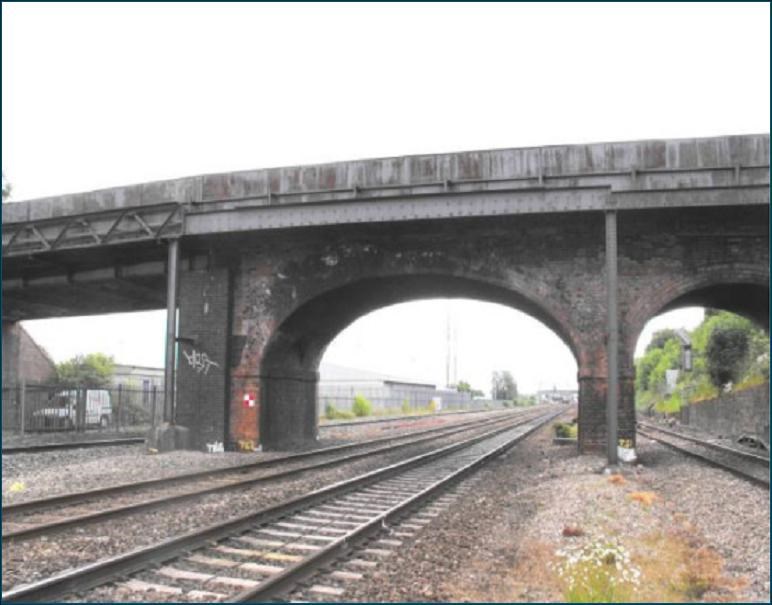Wednesday 2 Jul 2014
Drop-in session for residents and commuters on Foxhall Road bridge reconstruction
- Region & Route:
- | Wales & Western: Western
- | Wales & Western
Members of the public are invited to attend an event to find out more about the construction work and road diversion required to rebuild the Foxhall Road (Basil Hill Road) bridge in Didcot.
Network Rail is reconstructing the bridge as part of a major scheme to electrify the railway between London and Bristol including Newbury and Oxford by 2016 and Cardiff by 2017, to provide more reliable, frequent journeys for passengers. During this time, the footbridge providing access to Didcot Parkway station’s car park will also be reconstructed.
Network Rail staff will be on hand to answer questions about the work on Wednesday 9 July, between 4pm and 7pm, at Didcot Parkway station’s ticket hall.
Nigel Fenn, senior programme manager for Network Rail, said: "Electrification will bring huge benefits to the region but we recognise that some of the work will cause disruption to those who live or work near the railway.
“We are working closely with Oxfordshire County Council, local parish councils and other key stakeholders to minimise this disruption and I would like to take this opportunity to thank people in advance for their patience. This is an exciting time for the Great Western main line as we upgrade and electrify the route to transform our diesel railway into one of the most modern in Europe, providing passengers with more seats, faster journeys and cleaner, quieter trains.”
Foxhall Road bridge will close temporarily to all road traffic on 28 July 2014 for approximately six months. During this time, a temporary footbridge will be available and signage will advise motorists to use a short diversion route via the B4493, A4130, Basil Hill Road and Foxhall Road. A separate, temporary footbridge will also be available while the footbridge to the station’s car park is reconstructed.
Notes to editors
1. Residents and businesses are encouraged to contact Network Rail’s 24 hour helpline on 08457 11 41 41 if they have any questions. Alternatively, they can visit our website at www.networkrail.co.uk/contact.
2. Network Rail plans to upgrade and electrify the Great Western Railway between London and Bristol including Newbury and Oxford and on to Cardiff. Current plans are to electrify Bristol, Newbury and Oxford by 2016 and Cardiff by 2017. Benefits of electrification include:
• More seats: The new electric trains will have 20% more seats compared to diesel trains.
• Electric trains are cheaper to operate than diesels. They require less maintenance and have lower energy costs. They are also lighter and do less damage to the track helping to create a more reliable railway for passengers.
• Stimulating economic growth: Electrification will stimulate economic growth across the region by improving connections between towns and cities.
Contact information
Passengers / community members
Network Rail national helpline
03457 11 41 41
Latest travel advice
Please visit National Rail Enquiries
Journalists
Network Rail press office -Western route
MediaRelationsWestern@networkrail.co.uk
About Network Rail
We own, operate and develop Britain's railway infrastructure; that's 20,000 miles of track, 30,000 bridges, tunnels and viaducts and the thousands of signals, level crossings and stations. We run 20 of the UK's largest stations while all the others, over 2,500, are run by the country's train operating companies.
Usually, there are almost five million journeys made in the UK and over 600 freight trains run on the network. People depend on Britain's railway for their daily commute, to visit friends and loved ones and to get them home safe every day. Our role is to deliver a safe and reliable railway, so we carefully manage and deliver thousands of projects every year that form part of the multi-billion pound Railway Upgrade Plan, to grow and expand the nation's railway network to respond to the tremendous growth and demand the railway has experienced - a doubling of passenger journeys over the past 20 years.
Follow us on Twitter: @networkrail
Visit our online newsroom: www.networkrailmediacentre.co.uk

